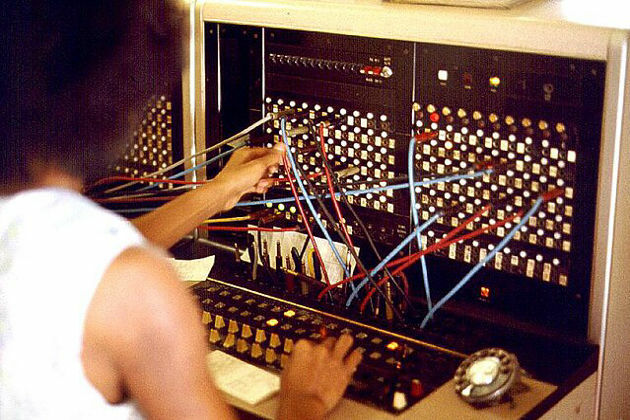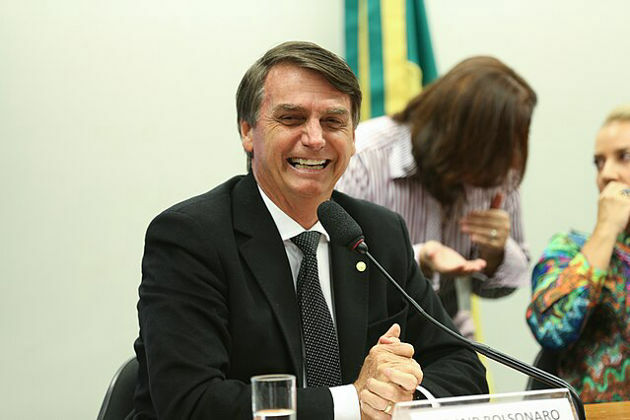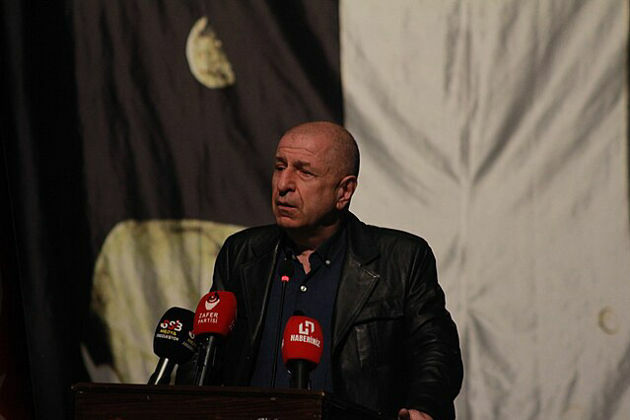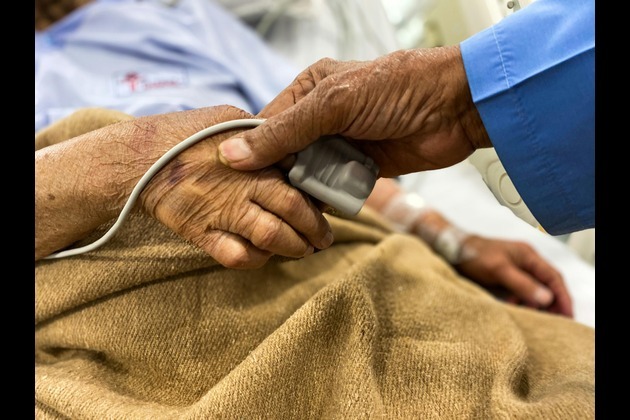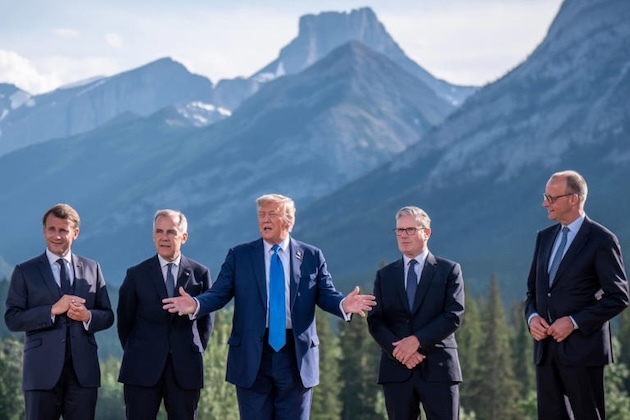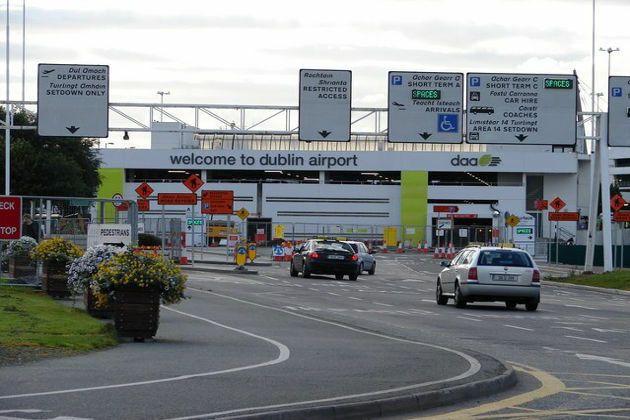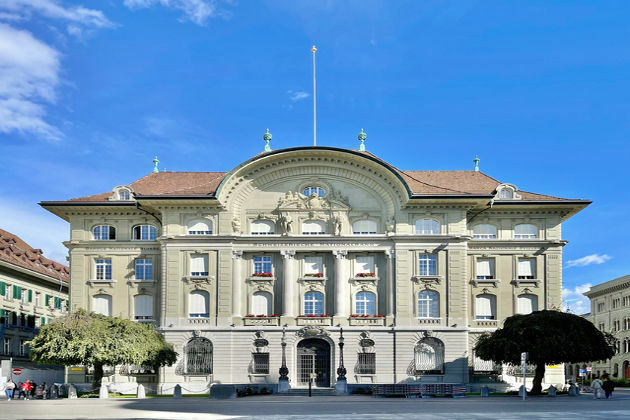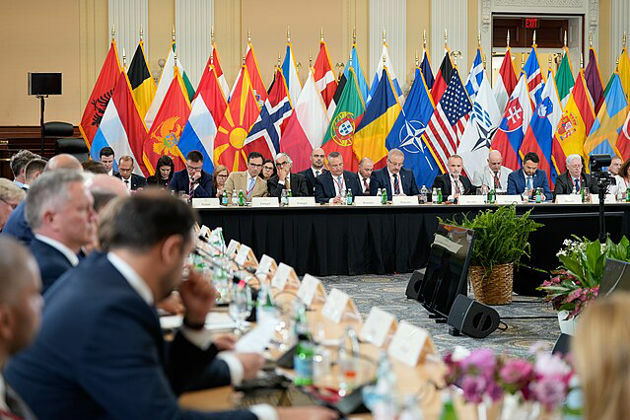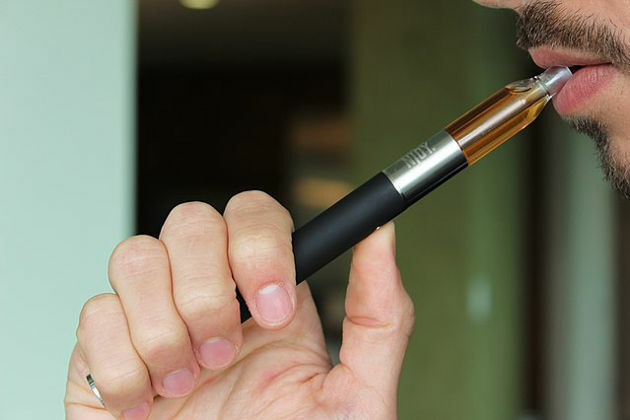Africa Health Officials Call for Children to Return to School
Voice of America
20 Aug 2020, 23:35 GMT+10
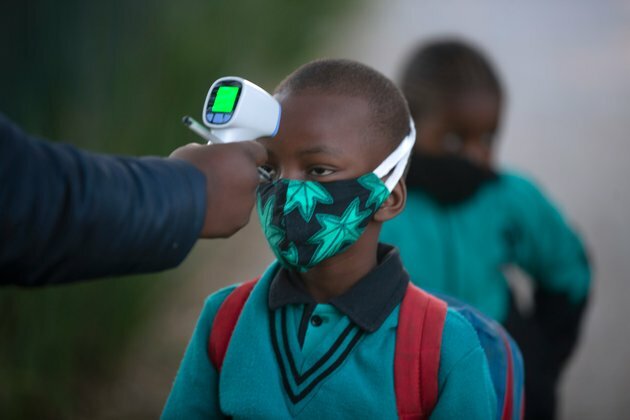
JOHANNESBURG - Experts from the World Health Organization and the United Nations Children's Emergency Fund say it's urgent and essential that children across the African continent return to school soon, and safely. To that end, the U.N. agencies have formulated guidelines to make school openings safer on the continent.
Across the African continent, hundreds of millions of children have been shut out of school as governments have imposed coronavirus restrictions by closing educational institutions.
But top global health officials say that after nearly six months of disruption, it's time to get back to school. A recent survey by the World Health Organization found that schools are fully open in only six of 39 countries surveyed. About a dozen countries, including South Africa, plan to resume in-person learning in September.
Dr. Matshidiso Moeti, WHO's regional director for Africa, said the decision to reopen schools is not an easy one for health experts, administrators or parents, but it's the right one.
"The decision to open schools or not amid the pandemic is a difficult one. But we must find the right balance to avoid trading one adversity for another. The longer the children are out of school, the greater the risk that they may not return to school. School closures are potentially exacerbating risks of teenage pregnancies, of violence against children, of substance abuse, of anxiety, loneliness and isolation," Moeti said.
Mohamed Fall, UNICEF's regional director for Eastern and Southern Africa, said the risk of children falling behind socially or academically is worth considering. He also expressed concern that in his region, UNICEF found that the incidence of violence against children has risen, while nutrition rates have fallen, with more than 10 million children missing school meals.
Fall also noted that the science supports schools reopening.
"So far, science and data as mentioned by Dr. Moeti, have shown that children are not the biggest bearer of the disease. We have seen in many countries that the age group from age 5 to 18, who are the age group for primary and secondary schools, are just 2.5% of the confirmed cases of COVID in the countries we are working in. And therefore, making it clear that if there was a carrier of the disease or risk of spreading transmission, the highest risk is not in this age group," Fall said.
That said, both experts urged schools to follow precautions, especially to avoid the spread of the coronavirus from children to vulnerable people. Those precautions have been laid out by the WHO, Moeti said, but she and Fall acknowledged that cash-strapped, overburdened schools may struggle to implement some guidelines.
According to research by WHO and UNICEF, only a quarter of schools in Sub-Saharan Africa have basic hygiene services; just 44% have safe drinking water, and only 47% have basic sanitation services.
But Moeti said it comes down to taking the necessary precautions.
"I think what needs to be, from the safety point of view, it is keeping a distance; it is the children not transmitting the virus to each other, through the wearing of masks; and it is very much paying attention to hygiene, water and soap, and sanitizer, if necessary," she said.
Moeti and Fall, who are both themselves parents, say they understand that getting small children to keep a distance, to properly wear masks, to adequately and regularly wash their hands and to otherwise observe proper hygiene protocols is no small task. In many ways, they say, this school year will be - for teachers, parents and the kids themselves - a learning experience like no other.
 Share
Share
 Tweet
Tweet
 Share
Share
 Flip
Flip
 Email
Email
Watch latest videos
Subscribe and Follow
Get a daily dose of Irish Sun news through our daily email, its complimentary and keeps you fully up to date with world and business news as well.
News RELEASES
Publish news of your business, community or sports group, personnel appointments, major event and more by submitting a news release to Irish Sun.
More InformationInternational
SectionTrump goes on social media to announce Israel-Iran ceaeefire
WASHINGTON DC, - U.S. President Donald Trump has claimed a ceasefire has been reached between Israel and Iran. He made the claim on...
Confused bot named Alyssia replaces human response on Iranian phones
DUBAI, U.A.E.: British Iranians living in the U.K. are taken aback when they try to reach their families in Tehran on the phone and...
Brazil’s ex-president accused of leading illegal spy operation
BRASILIA, Brazil: Former Brazilian President Jair Bolsonaro is accused of playing a key role in an illegal surveillance operation orchestrated...
Critics say Özdağ case aims to silence Erdogan opponents
ANKARA, Turkey: A Turkish far-right politician went on trial Wednesday, facing charges of inciting public hatred—an episode critics...
Assisted dying bill clears key hurdle in UK Parliament
LONDON, U.K.: In a landmark moment for Britain, lawmakers in the House of Commons have voted in favour of legalising assisted dying,...
International law no longer a priority among Western leaders
Western support for Israel's right to strike Iran backs up a pattern of pre-emptive violence that critics say is further eroding international...
Europe
SectionDublin Airport given two years to fix passenger limit breach
DUBLIN, Ireland: Dublin Airport has received a warning for going over its allowed number of passengers. As part of a rule set by...
Critics say Özdağ case aims to silence Erdogan opponents
ANKARA, Turkey: A Turkish far-right politician went on trial Wednesday, facing charges of inciting public hatred—an episode critics...
Europe eases rates as Fed holds and Trump threatens tariffs
ZURICH, Switzerland: A wave of central banks across Europe surprised markets last week by lowering interest rates, responding to easing...
Swiss National Bank responds to strong franc and US trade doubts
ZURICH, Switzerland: The Swiss National Bank (SNB) lowered its key interest rate to zero percent on June 19 to respond to falling inflation,...
The Hague faces lockdown for global leaders' meet
THE HAGUE, Netherlands: The city that prides itself on being a beacon of peace and justice—home to institutions like the International...
Senator Duffy lauds proposed laws against vaping in Ireland
DUBLIN, Ireland: Fine Gael Senator Mark Duffy says new laws to regulate vaping products will help make them less attractive to young...


